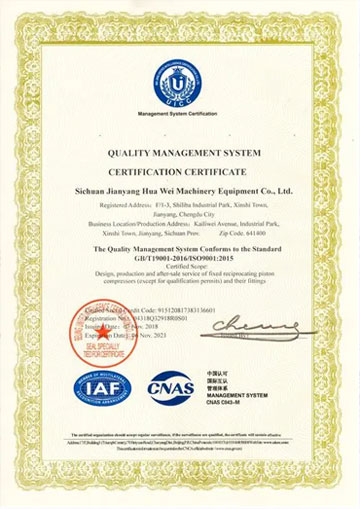

Choosing the Right Countersunk Self-Tapping Screws for Your Projects
Sep . 28, 2024 03:39 Back to list
Choosing the Right Countersunk Self-Tapping Screws for Your Projects
Understanding Countersunk Self-Tapping Screws Features and Applications
Countersunk self-tapping screws are a vital component in various construction and manufacturing applications, providing both functionality and aesthetic appeal. These specialized screws are designed to create their own hole as they are driven into materials, eliminating the need for pre-drilling, which saves time and increases efficiency during assembly.
Design Characteristics
The most distinctive feature of countersunk self-tapping screws is their unique head shape. The countersunk head is designed to sit flush with the surface of the material once installed, creating a clean and polished look. This is particularly important in visible applications, such as furniture assembly or exterior constructions, where the appearance matters significantly. The angled design of the head allows for a tight fit against the workpiece, reducing the risk of protrusion that could lead to snags or injuries.
Moreover, these screws come with a variety of drive types, such as Phillips, slotted, or Torx, allowing for ease of use with different tools. This versatility ensures that users can select the appropriate screwdriver or drill bit for their needs, enhancing the efficiency of the installation process.
Material and Coating Options
Countersunk self-tapping screws are made from various materials, including stainless steel, carbon steel, and brass. Stainless steel is particularly popular for applications requiring corrosion resistance, making it ideal for outdoor or marine environments. On the other hand, carbon steel screws may be coated with zinc or other materials to enhance corrosion resistance and durability.
countersunk self tapping screws

The choice of material and coating is crucial, as it directly impacts the screw's strength, longevity, and suitability for specific environments. For example, in areas exposed to moisture, choosing a properly coated stainless steel screw can prevent rust and extend the life of the installation.
Applications
The applications of countersunk self-tapping screws are extensive. They are widely used in the automotive industry for assembling parts, in the construction of wooden structures, and in the manufacturing of household items such as cabinets and appliances. Their ability to create threads in various materials, such as metal, wood, and plastic, makes them a versatile choice for professionals and DIY enthusiasts alike.
In the realm of electronics, countersunk self-tapping screws are often used in the assembly of enclosures, ensuring that components are securely held together without compromising the integrity of the device. Their flush finish is especially beneficial in this domain, as it prevents accidental contact with sensitive components.
Conclusion
In summary, countersunk self-tapping screws are an essential element in a multitude of applications, known for their ability to provide a neat finish and secure fastening without the need for pre-drilling. Their various material options and drive types make them adaptable to different tasks, enhancing their appeal to both professionals and hobbyists. Understanding the unique characteristics and applications of these screws can help users select the right fasteners for their specific projects, ultimately leading to better results and improved efficiency. As industries evolve, the demand for innovative and reliable fastening solutions like countersunk self-tapping screws is likely to continue growing.
Latest news
-
Hot Dip Galvanized Bolts-About LongZe|High Strength, Corrosion Resistance
NewsJul.30,2025
-
High-Strength Hot Dip Galvanized Bolts - Hebei Longze | Corrosion Resistance, Customization
NewsJul.30,2025
-
Hot Dip Galvanized Bolts-Hebei Longze|Corrosion Resistance&High Strength
NewsJul.30,2025
-
High-Strength Hot-Dip Galvanized Bolts-Hebei Longze|Corrosion Resistance&High Strength
NewsJul.30,2025
-
Hot Dip Galvanized Bolts-Hebei Longze|Corrosion Resistance&High Strength
NewsJul.30,2025
-
Hot Dip Galvanized Bolts - Hebei Longze | Corrosion Resistance, High Strength
NewsJul.30,2025

